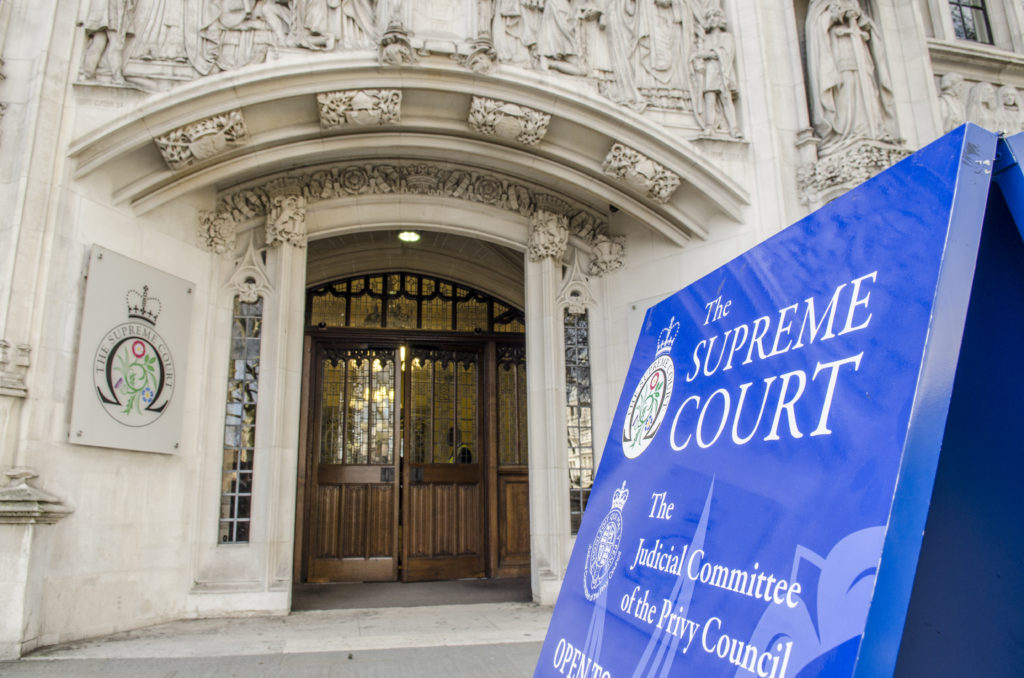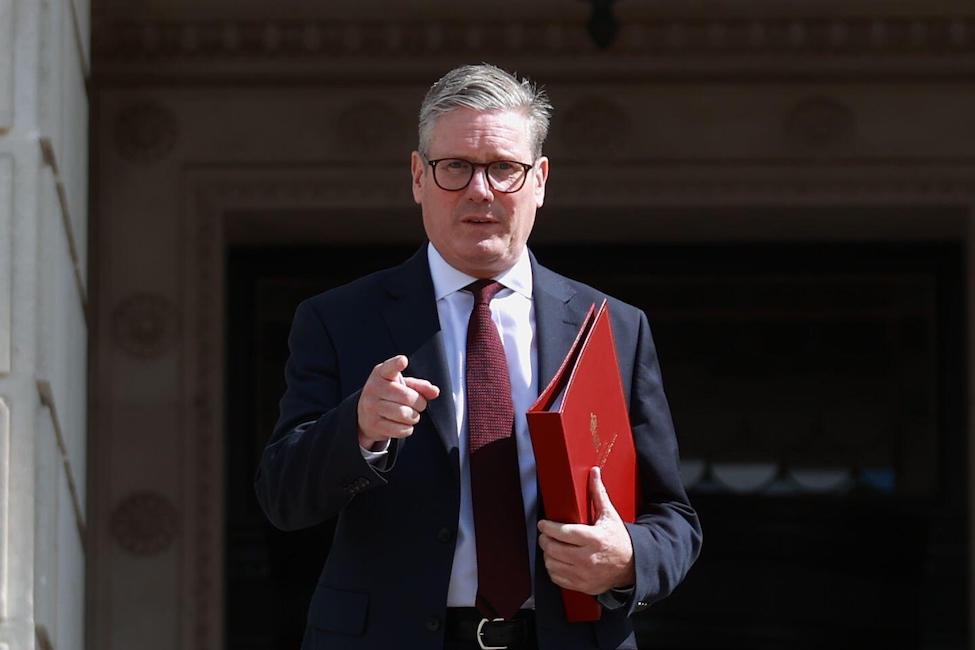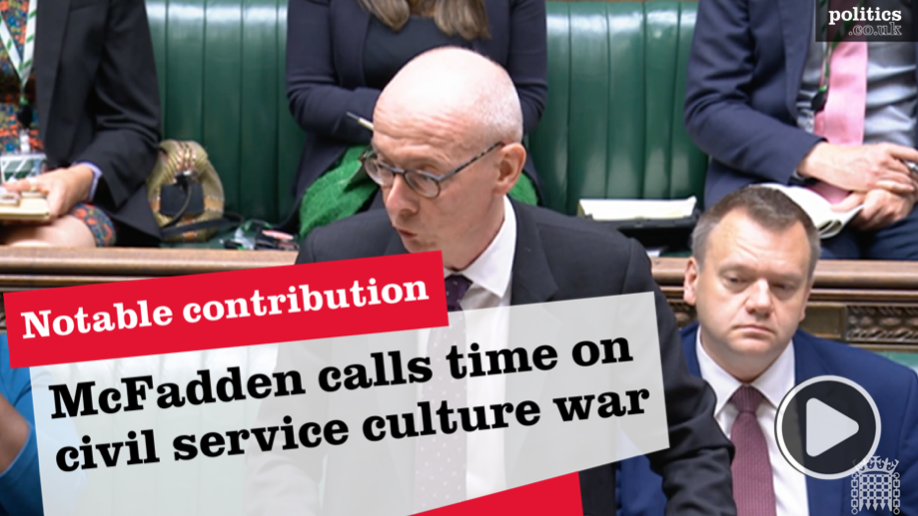The Supreme Court will hand down its Rwanda judgment on Wednesday morning. The legal verdict is impossible to predict, though some argue that the decision taking less time than anticipated – one month rather than two – makes it more likely the Court of Appeal decision against the Rwanda scheme is being upheld. That would be legally less complex than remaking it.
The judges could uphold the Court of Appeal verdict that, while such a scheme could be lawful with a “safe third country”, Rwanda’s asylum system was too flawed for it to be considered safe. Alternatively, the Supreme Court could overturn that decision – and find the scheme lawful, in line with the earlier High Court ruling that accepted the Home Secretary’s authority to trust assurances of future improvements from the Rwandan government.
Whatever the court decides, the immediate arguments will depend on the politics of asylum as much as the law itself. And the political stakes are high, for a PM who has argued that Rwanda is how he will meet his pledge to ‘stop the boats’.
If the government loses
If the government loses this case, it is unlikely that Britain will deport any asylum seekers to Rwanda before the General Election. Yet the government may challenge that assumption. If the headline “COURT DEFEAT LEAVES GOVERNMENT RWANDA PLAN IN TATTERS” is unattractive, a well-briefed, sympathetic newspaper may be willing to run “I CAN RESCUE RWANDA PLAN, SAYS DEFIANT PM” to declare that a fightback is already underway. Such a rescue plan could have a number of elements.
Asylum politics is often about political theatre – so the government could issue new notices of their intent to remove people to Rwanda under the new Illegal Migration Act, targeting very recent and future arrivals across the Channel. They could even announce a date when the government would like to send a plane – though in reality this would likely trigger new, drawn-out legal proceedings.
The government could also rewrite its agreement with Rwanda as a treaty, attempting to address safety concerns. This would then need approval in parliament, but would be much less likely to be challenged in the courts.
The domestic political argument may also focus sharply on whether the UK should leave the European Court of Human Rights. Former Home Secretary Suella Braverman had made little secret of the fact that she continued to disagree with government policy over the ECHR. But this week’s reshuffle sends a strong signal that the Prime Minister does not agree. Instead, Rishi Sunak may send Foreign Secretary David Cameron abroad to try to renegotiate the terms of the UK’s participation, exploring what can be done within the UK’s membership – but few would expect it to yield any rapid results before the General Election.
While any of these approaches is arguable, none of them have a realistic prospect of beating the election clock. With the government currently struggling in its bid for re-election, and the opposition pledged to scrap the scheme, it may never do so.
One major implication of a government defeat is that it is difficult to see how the government could trigger the legal duties its new Illegal Migration Act places on the Home Secretary to refuse and remove asylum seekers, given the lack of any realistic plan for the vast majority. So the government will have little alternative but to admit most of those who have crossed the Channel this year.
What might happen if the government wins the case?
The Government will hope the Supreme Court declares the Rwanda scheme lawful. It would almost certainly then announce the date of the first flight – perhaps in January – as its headline message.
It may then have the chance to put to the test its theory that the Rwanda scheme could “stop the boats” by deterring people from crossing the Channel.
Most experts are sceptical about this – and not just those opposed to the Rwanda scheme in principle. Supporters of the scheme have also argued that the logic of a deterrence effect depends on the scale of deportations possible.
The Rwandan government has said that its expectations in making the deal were of taking around 300 people a year. Home Office modelling is understood to be of a similar scale. So getting Rwanda up and running would address only one per cent of the Channel Crossings of the last year.
When Rwanda was first announced, Downing Street briefed that “tens of thousands” could be sent to Africa within weeks. Even last month, a government briefing to The Times suggested the government might deport 4,000 people to Africa before the General Election, if the Supreme Court verdict was favourable.
But no serious observer outside government has seen a total over 1,000 deportations within 9-12 months as achievable in practice. Legal processes in the UK and Rwanda, the capacity of Rwanda to make asylum decisions, and accommodation in Rwanda all restrict numbers. But the lack of UK detention capacity is among the most significant limits on any rapid expansion of the scheme in the next 12 months. The number of potential deportations before the General Election will surely end up being closer to 40 than 4000.
Some in government hope the “optics” of seeing even one or two planes take off could slash the crossings dramatically. But nothing in the Home Office’s own evidence-gathering about what influences decision supports such hopes.
The government may try to make the Rwanda scheme workable – by moving the goalposts. It could restrict the scheme to those arriving after the Supreme Court decision itself. With fewer crossings in December, January and February, this may mean that Rwanda’s asylum system is not immediately overwhelmed.
But even if it wins, the Home Office expects to have to admit into the UK asylum system everybody who already arrived this year – breaking twenty thousand times Rishi Sunak’s impossible promise in his March 7th speech that nobody who arrived from that day onwards would ever get to stay.
If the Supreme Court rules in the government’s favour on Wednesday, the Prime Minister will enjoy his moment of victory – but may then find that a yet bigger challenge lies ahead.
Politics.co.uk is the UK’s leading digital-only political website, providing comprehensive coverage of UK politics. Subscribe to our daily newsletter here.












